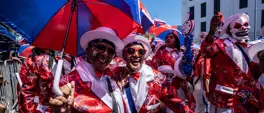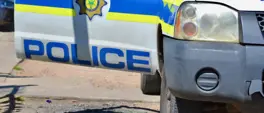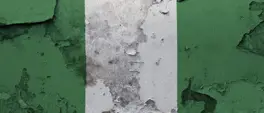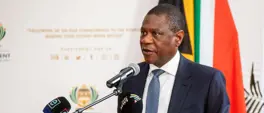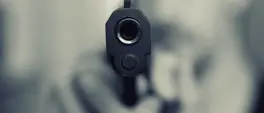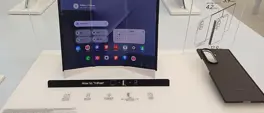How South Africa's wealthy hide illicit gains in plain sight
Amy Fraser
21 October 2024 | 9:51Many wealthy South Africans are living it up in real life but, on paper, not so much.
Bongani Bingwa interviews Chad Thomas, Director of IRS Forensic Investigations.
Listen below.
Many wealthy South Africans own extravagant homes, luxury cars and wardrobes filled with designer items with little to show on paper.
RELATED: Pawnbroking: The ‘discreet’ way the super wealthy access money
According to Thomas, a clear indicator of hidden money is when lifestyle audits don't reflect or align with the reported finances.
He says politicians are 'adept' at disguising their assets, frequently registering them under family names, making it difficult for authorities to trace the actual beneficiaries.
"They know that, should there be a lifestyle audit, it would show up if it was on their name, it would be best to hide it in another name."
- Chad Thomas, IRS Forensic Investigations
Thomas points out that entities such as real estate agents, jewellers and car dealerships, which are often used to conceal funds, have a legal obligation to report suspicious financial activities through a Suspicious Activity Report, Suspicious Transaction Report and Cash Threshold Report.
This means that any cash transaction exceeding a certain amount must be documented.
He adds that heightened measures have been put in place to prioritise transparency in decision-making processes, and the allocation of contracts and expenses by politicians.
Scroll up to the audio player to listen to the interview.
Get the whole picture 💡
Take a look at the topic timeline for all related articles.
